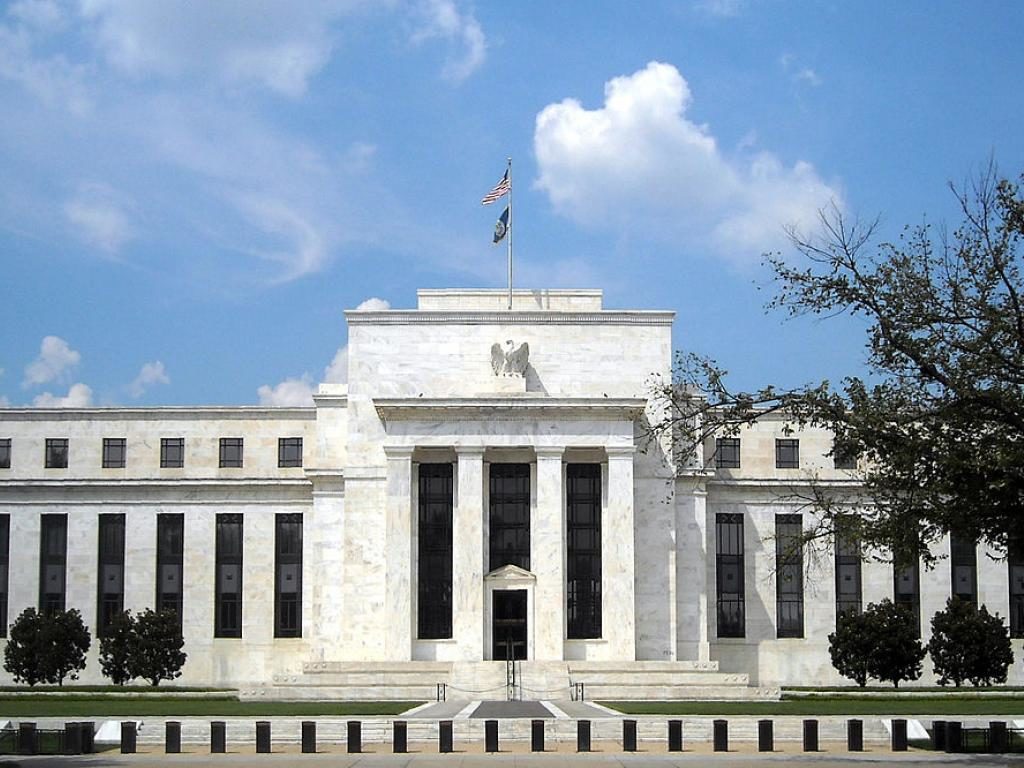
Capital markets have been spasming for a few months based on several concerns. On Wednesday, Dec 19, they were having a bounce back day until one moment in time. It wasn’t during Federal Reserve Chairman Powell’s speech. It was during the Q&A thereafter. And specifically, it was a question asked by a reporter from the Washington Post. Here is the transcript (with the key sentence in red):
HEATHER LONG. Hi, Heather Long from The Washington Post. Today, the Fed lowered its expectations for interest rate increases. Given that, I’m wondering if the Fed has had any discussion of altering the course of balance sheet normalization, and if you could give us any insight on what might lead the FOMC to alter that balance sheet normalization in 2019?
CHAIRMAN POWELL. Sure. If you go back some years, I think we, people who were working at the Fed in 2013 and 14, took away the lesson that the markets could be very sensitive to news about the size of the balance sheet, the pace of asset purchases, the pace of runoff and things like that. So, we thought carefully about this on how to normalize policy and came to the view that we would effectively have the balance sheet runoff on automatic pilot and use monetary policy, rate policy, to adjust to incoming data. And I think that has been a good decision. I think that the runoff of the balance sheet has been smooth and has served its purpose. And I don’t see us changing that. And I do think that we will continue to use monetary policy, which is to say rate policy, as the active tool of monetary policy. Thanks.
The Dow went immediately south and closed down 734 points from the intra-day high. Why? The single biggest reason the stock market has produced above-average returns since the financial crisis has been Quantitative Easing (QE). Without getting into the nitty gritty, QE effectively forced investment risk taking and buttressed market sentiment. The “balance sheet” reduction is QE being unwound. If the Fed is not considering “changing that” – which is to say temporarily ceasing it due to decelerating economic conditions – how far must they be away from restarting it to prop up markets? A long, long way. Chairman Powell may have just killed the QE experiment. If so, the market has lost its enabler.





